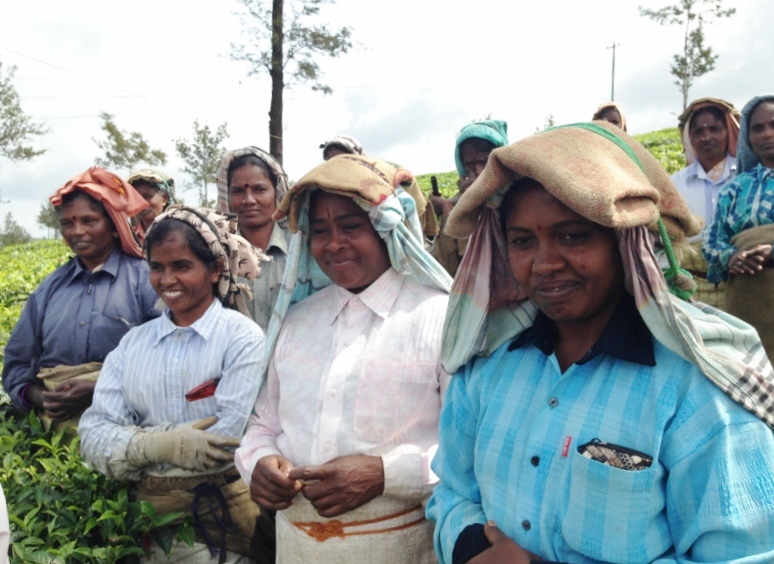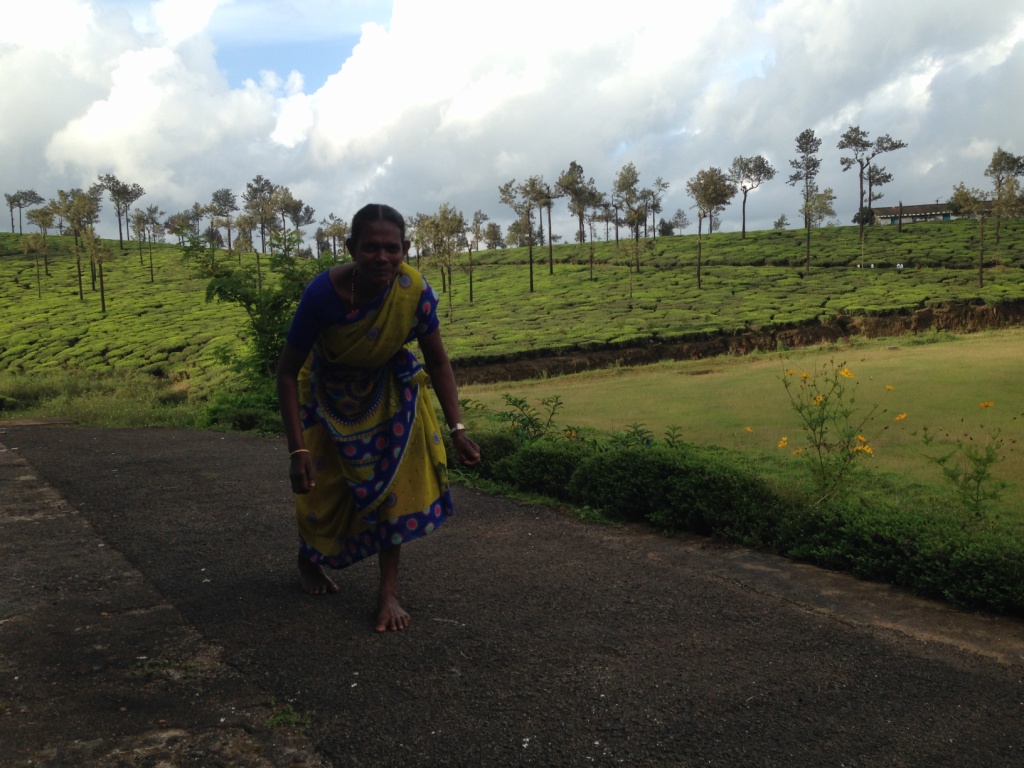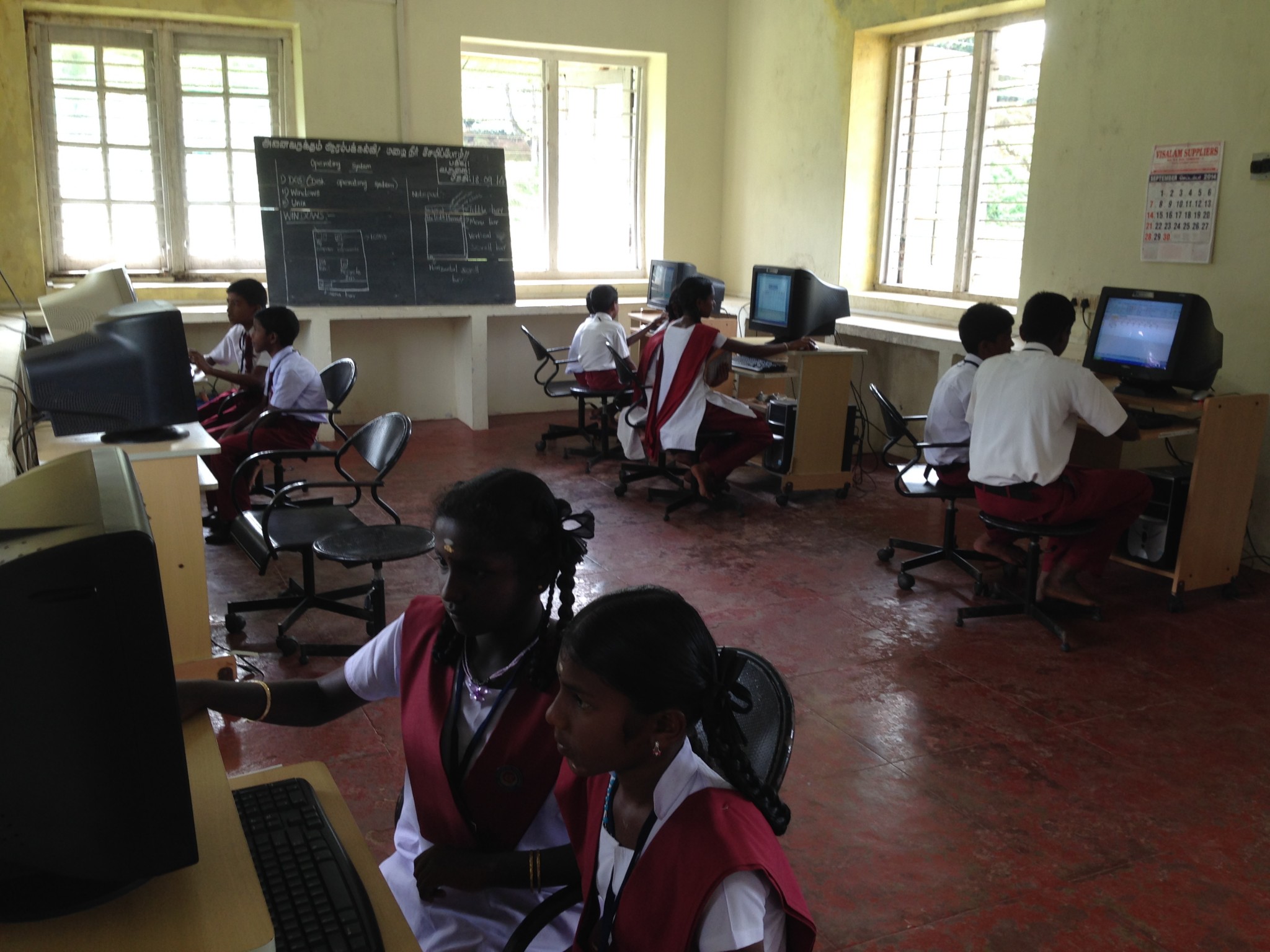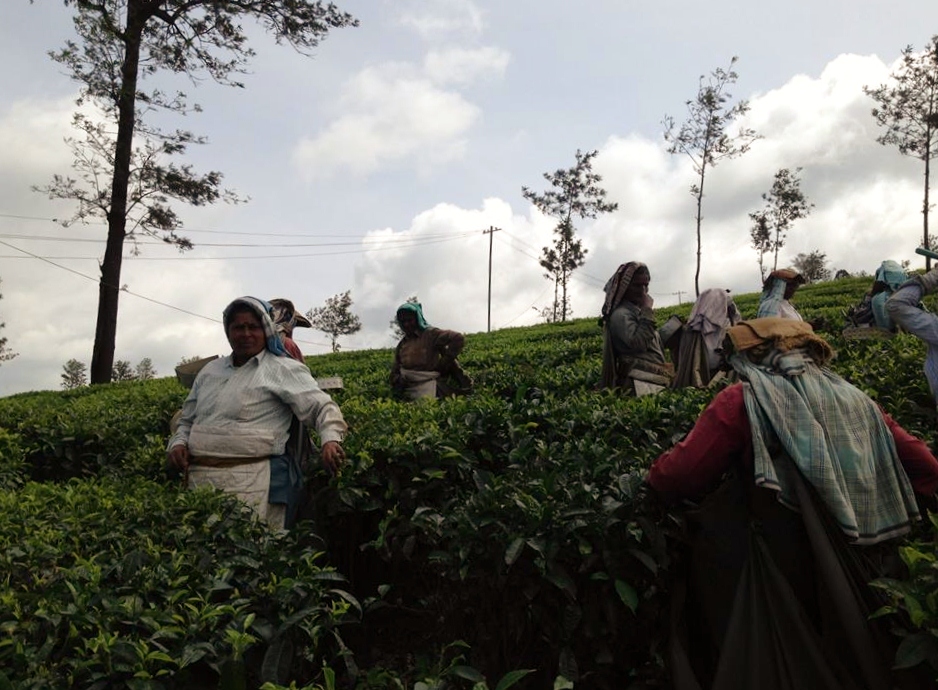What Indian CEOs Can Learn From This Tea Company About Having Women In The Boardroom
Of the top 500 companies listed on the Mumbai Stock Exchange, over 300 did not have a single woman on their boards. The October 1 SEBI deadline has passed and been extended. Here are lessons from a tea worker committee in South India, which has been successfully bridging the gap for over 25 years.

Of the top 500 companies listed on the Mumbai Stock Exchange, over 300 did not have a single woman on their boards. The October 1, 2014 SEBI deadline has passed and been extended. Here are lessons from a tea worker committee in South India, which has been successfully bridging the gap for over 25 years.
Paneerselvam, with her left leg poised gracefully behind the right, shoulders and arms bent gently, braced her body for the run. In her sunny yellow and cobalt blue sari, the 50-year-old looked more like a dancer, than an athlete. But that perception changed as she sprinted across the tea field, stopping to turn back and laugh. “I love running,” Paneerselvam says in Tamil.

She is not a marathon runner in training, but a tea plucker who has been working at The Bombay Burmah Trading Corporation Limited, a Fairtrade-certified tea estate for the last 25 years in south India. She is also a member of the Mudis Foundation Joint Body which democratically decides how to invest the Fairtrade Premium. Being a Fairtrade-certified tea estate ensures that a premium – an extra price over the market one – benefits the workers, who on average draw a daily wage of Rs 300.
The joint body is unique in another way – it has an equal representation of men and women workers who mutually decide how the premium should be invested. This is mandated by Fairtrade standards, which requires the committee to have an equal or proportionate representation of men and women.

The committee has been striving to work towards gender equality long before India became one of the first developing nations to pass a law to make women representation on corporate boards mandatory. Corporate honchos can well take a few lessons from this joint body, given that reports reveal that India has one of the worst ratios of women directors to their male counterparts on company boards.

The committee’s meetings are meticulously recorded, and each member represents a division of the tea estate. Decisions are taken after the tea workers’ consultation and approval as well as in accord with the BBTC management. Lakshmi, who has worked for 18 years at the BBTC, said that the work force she represents meets at a tea shop in the evening. “We talk about the meetings, they give their responses – yes or no to a certain suggestion – and I bring it back to the board,” she explained. “It’s a two-way system.”
Over the last 19 years, the premium has been used for short term to long term projects including education scholarships for college-going children of workers, a retirement fund, a computer centre for the community school, and smokeless chulhas and emergency lights for all households.
What’s evident is that this decision-making has taken big strides in making the women feel more confident and vocal about the divisions they represent, their rights and their future. While most of them, like Paneerselvam grew up in these same tea estates where their parents worked, they are much more ambitious about their children’s future. Most are arts and engineering graduates, while one of the workers, whose name curiously is Indira Gandhi – her daughter is a finance manager at an accounting firm.


Of course long standing patriarchal conditioning cannot be easily abandoned and decisions such as buying insulated lunch boxes or smokeless chulhas seem to be mainly the purview of the women, while education scholarships and retirement funds discussions are agreed jointly by both men and women.
“It may seem like a small thing,” said Paneerselvam, holding up a pressure cooker funded by the premium. “But I can cook more than one item in this pressure cooker and that means I get time to do other things. Small things like this make a bigger impact.”
And of course, this means Paneerselvam has more time to pursue her passion – athletics. “My parents always encouraged me to take part in athletics,” she said. “Today my children also love running. But of course when we race, I usually win.”
Like this story? Or have something to share? Write to us: [email protected], or connect with us on Facebook and Twitter (@thebetterindia)
If you found our stories insightful, informative, or even just enjoyable, we invite you to consider making a voluntary payment to support the work we do at The Better India. Your contribution helps us continue producing quality content that educates, inspires, and drives positive change.
Choose one of the payment options below for your contribution-
By paying for the stories you value, you directly contribute to sustaining our efforts focused on making a difference in the world. Together, let’s ensure that impactful stories continue to be told and shared, enriching lives and communities alike.
Thank you for your support. Here are some frequently asked questions you might find helpful to know why you are contributing?


This story made me
-
97
-
121
-
89
-
167











